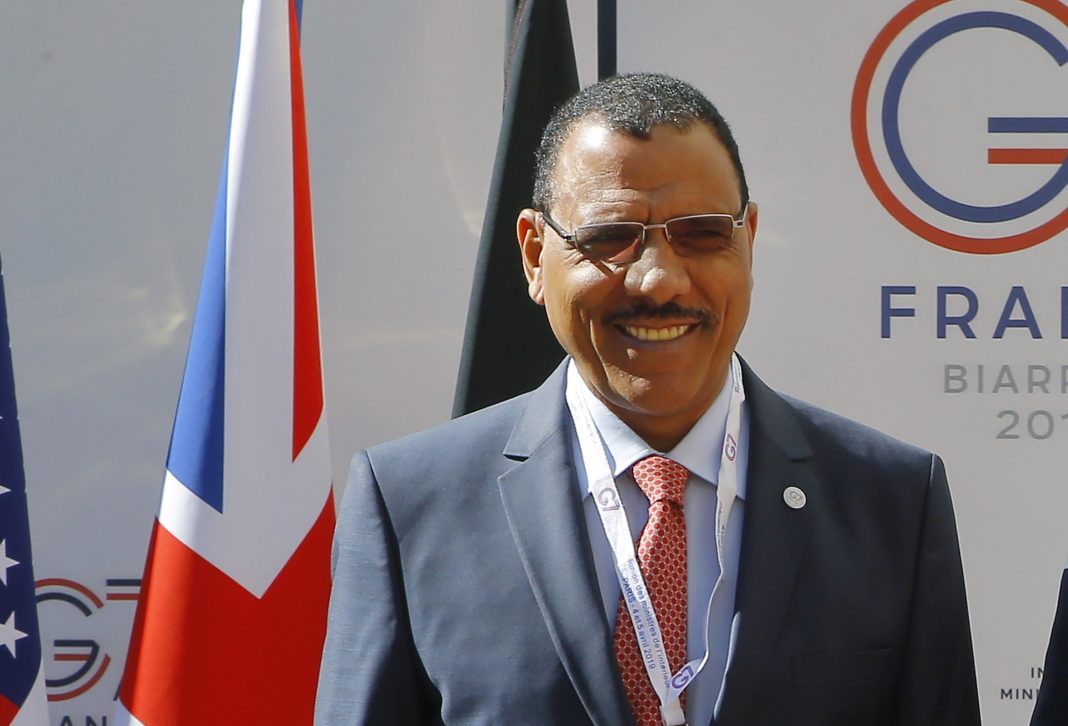NIAMEY, Niger – The military junta currently in control of Niger has issued a chilling warning, asserting that they would kill the ousted President Mohamed Bazoum if any military intervention from neighbouring countries is initiated to reinstate his leadership.
The revelation came through anonymous sources, both Western officials, in a conversation with The Associated Press.
This warning arrived just before the West African bloc ECOWAS announced that a “standby force” would be deployed to restore democracy in Niger, following the expiration of a deadline set for Bazoum’s reinstatement.
Niger’s strategic importance in the Sahel region, particularly in combatting jihadist violence, makes the current instability a cause for global concern.
With jihadists linked to both al-Qaida and the Islamic State group already responsible for countless deaths and displacement, the international community is keenly focused on restoring stability to Niger.
The gravity of the situation was further emphasized during a visit by U.S. Under Secretary of State Victoria Nuland. Junta representatives relayed the threat against Bazoum directly to her, as per a Western military source.
Aneliese Bernard, director of Strategic Stabilization Advisors and an ex-U.S. State Department official, remarked on the urgency for dialogue amidst escalating tensions. Yet, she also noted the junta’s demonstrated tendency towards aggressive actions.
As Niger’s predicament deepens, ECOWAS leadership convened in Abuja, Nigeria, solidifying their stance on deploying standby forces to Niger. The main question is how this deployment will be financed, as Omar Alieu Touray, the ECOWAS commission president, stated that “appropriate measures have been taken.”
Furthermore, Touray admonished the junta for the hardships wrought by sanctions and highlighted that ECOWAS’s subsequent steps would be a collective effort, and not a single country’s endeavor.
Although ECOWAS has slapped Niger with economic and travel sanctions, there’s a growing sentiment that the bloc may soon exhaust its options, particularly as support wanes for intervention.
Analysts and experts emphasize the risks of military action. Nnamdi Obasi of the Crisis Group think tank warned of the possibility of triggering a “major regional conflict” if ECOWAS opts for a forceful intervention.
The African Union’s input is anticipated, with many suggesting they could override the ECOWAS decision if regional stability is threatened.
However, with the junta strengthening ties to the Russian mercenary group Wagner and seeking their assistance, complications only seem to be mounting.
Claims of Moscow leveraging Wagner to diminish Western influence in African nations have risen, with allegations of spreading disinformation.
Residents are grappling with the adverse effects of sanctions on the ground in Niamey. Severe power cuts and disruptions have hindered daily activities, with businesses facing difficulties in operating normally.
However, sentiments remain mixed. Despite the current challenges, Hamidou Albade, a local shop owner, expressed hope in the junta’s capabilities.
The path forward for Niger remains fraught with uncertainty, and the global community watches closely as regional tensions come to a boil.







